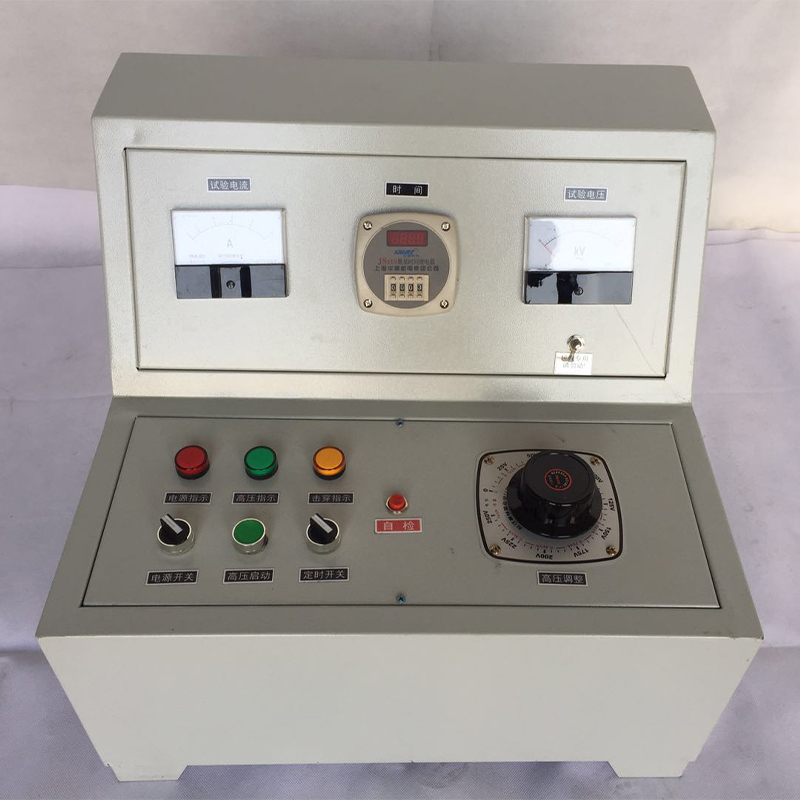Smoke Density Tester Suppliers and Exporters for Quality Measurement Solutions
The Importance of Smoke Density Testers in Environmental Safety and Compliance
In recent years, the significance of smoke density testers has surged, particularly among businesses and organizations concerned with environmental safety and regulatory compliance. As industries continue to evolve and advance, the need for reliable and accurate testing devices becomes crucial. Smoke density testers are indispensable tools used to evaluate the smoke produced by various materials when burned, providing vital data to ensure that products meet safety standards and environmental regulations.
Understanding Smoke Density Testing
Smoke density is a critical factor in assessing the flammability and combustibility of materials used in construction, transportation, and manufacturing. When a material burns, the quantity and quality of smoke produced can vary significantly, impacting visibility and health. Smoke density testers measure the amount of smoke emitted during combustion by quantifying light attenuation—the reduction of light intensity as it passes through a smoke-filled environment. This information is crucial for determining the potential hazards associated with materials.
Applications Across Industries
Smoke density testers are used across various industries, including construction, automotive, aerospace, and textiles. For instance, in the construction sector, building materials are required to meet specific fire safety standards. In the event of a fire, materials with low smoke density can minimize the harmful effects on occupants and first responders, allowing for safer evacuation and rescue efforts. The automotive industry also uses smoke density testing to evaluate the performance of interior materials, ensuring that they do not produce excessive smoke in the event of a fire, thereby enhancing passenger safety.
In the aerospace sector, smoke density testing is a regulatory requirement for materials used in aircraft. Given the high stakes involved in aviation safety, manufacturers must ensure that the materials used in cabins produce minimal smoke during combustion. Similarly, the textile industry employs smoke density testing to assess the safety of fabrics used in clothing and furnishings, particularly those designed for commercial or industrial applications.
Regulatory Compliance and Certification
smoke density tester exporters

Governments and international organizations have established guidelines and standards to regulate smoke emissions from various materials. For instance, the National Fire Protection Association (NFPA) and Underwriters Laboratories (UL) set forth classifications and ratings that materials must achieve to be deemed compliant. Smoke density testers play a vital role in achieving these certifications, as they provide quantifiable data that verifies a material's adherence to safety standards.
Moreover, many manufacturers are now seeking ISO certification, which requires compliance with international standards. Smoke density testing data is often part of the documentation needed for such certifications, underscoring the importance of these testers in global trade and commerce.
The Export Market for Smoke Density Testers
With the increasing awareness of fire safety and environmental protection, the demand for smoke density testers has expanded beyond national borders. Exporters are capitalizing on this demand by providing high-quality testing devices to international markets. Countries with stringent safety regulations are particularly appealing to exporters of smoke density testers, as these nations require precise measurement tools to uphold their regulations.
China, for example, has emerged as a significant player in the production and export of smoke density testers. Chinese manufacturers often leverage cost-effective production methods while maintaining compliance with international quality standards. As a result, smoke density testers from China and other countries are becoming more accessible to various industries worldwide.
Conclusion
Smoke density testers are more than just tools; they are essential components of a broader effort to enhance safety, ensure compliance, and protect public health and the environment. The ongoing evolution of industry standards and the growing emphasis on fire safety will undoubtedly drive the demand for these testing devices. For exporters, this presents a lucrative opportunity to contribute to global safety initiatives while expanding their market reach. As industries continue to prioritize fire safety and environmental compliance, smoke density testers will remain at the forefront of these critical efforts.
-
Why the Conductor Resistance Constant Temperature Measurement Machine Redefines Precision
NewsJun.20,2025
-
Reliable Testing Starts Here: Why the High Insulation Resistance Measuring Instrument Is a Must-Have
NewsJun.20,2025
-
Flexible Cable Flexing Test Equipment: The Precision Standard for Cable Durability and Performance Testing
NewsJun.20,2025
-
Digital Measurement Projector: Precision Visualization for Modern Manufacturing
NewsJun.20,2025
-
Computer Control Electronic Tensile Tester: Precision and Power for the Modern Metal Industry
NewsJun.20,2025
-
Cable Spark Tester: Your Ultimate Insulation Assurance for Wire and Cable Testing
NewsJun.20,2025
 Copyright © 2025 Hebei Fangyuan Instrument & Equipment Co.,Ltd. All Rights Reserved. Sitemap | Privacy Policy
Copyright © 2025 Hebei Fangyuan Instrument & Equipment Co.,Ltd. All Rights Reserved. Sitemap | Privacy Policy
